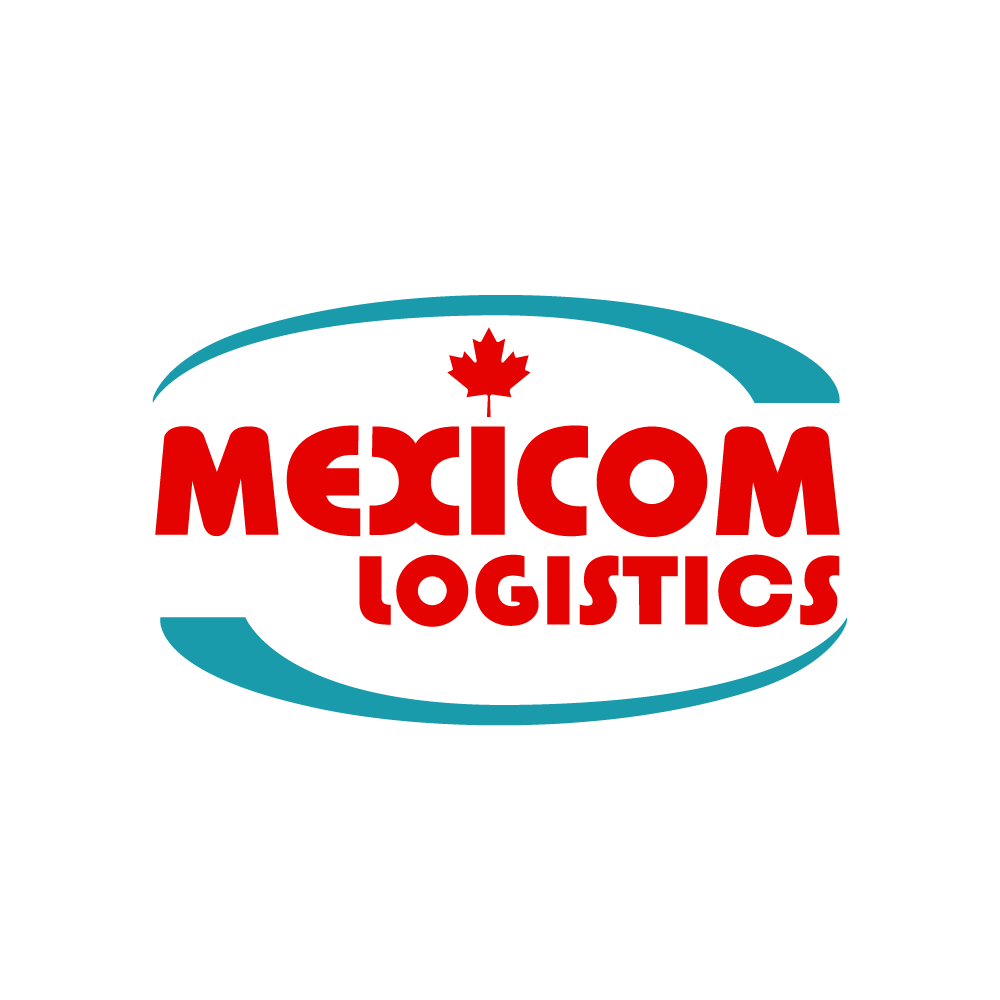Facts about cannabis transportation, export and import – Canada
The Cannabis Act and its supporting Regulations came into force in Canada on October 17, 2018, and questions about cannabis transportation, import and export have arisen. In this post, we present you important facts published by the government of Canada about the transportation, export, and import of Cannabis.

Cannabis transportation
There is no specific license for cannabis transportation. According to Health Canada, all federal licence holders can conduct related activities such as transportation.
To apply for or renew a cannabis licence, you must meet all of the following conditions:
- You are not the subject of a receivership of your debts
- You have not failed to comply with any Act of Parliament (other than the Excise Act, 2001) or of a provincial or territorial legislature that deals with the taxation or control of alcohol or tobacco, or any regulations under it in the past 5 years
- You have not acted to defraud her Majesty in the past 5 years
- Each individual involved must be at least 18 years of age
- Have a valid business address in Canada
- Provide a list of all premises that will be cultivating, producing and/or packaging cannabis products
- Have sufficient financial resources to conduct your business in a responsible manner
- Hold a valid licence/permit from Health Canada issued under the proposed Cannabis Act
- Provide a business plan (including a business industry overview, operating plan, financial plan or source of funds, and a sales and marketing plan)
- Provide acceptable security to cover one month of cannabis duty liability (minimum of $5,000 and a maximum of $5 million)
The licences are valid for a maximum of 2 years. If you are interested in applying for a permit, or you want to know more about the permits, click here.
Cannabis Import/Export
A federal licence is required to obtain an import/export permit (for scientific or medical purposes, or in respect of industrial hemp).
It is prohibited for any company to export or import cannabis for any purposes other than medical or scientific purposes under the Cannabis Act.
In their bulletin of 19th October 2018, the government of Canada states that the “importation and exportation would be permitted under very limited circumstances, such as, importing starting materials for a new Licensed Producer or exporting a unique marijuana strain for scientific investigation in a foreign laboratory.”
Leaving Canada
The legalization and regulation of cannabis in Canada will not change Canada’s border rules. It is illegal to take cannabis across Canada’s international borders.
If you try to travel internationally with any amount of cannabis in your possession you could be subject to serious criminal penalties both at home and abroad. You could also be denied entry at your destination country if you have previously used cannabis or any substance prohibited by local laws.
Canadians travelling to the U.S. for reasons related to the cannabis industry may be deemed inadmissible.
Canadian companies engaging in the cannabis industry in the U.S. may face risks of prosecution or penalties under U.S. law and regulations, including those that criminalize the management, financing and possession of equipment and materials associated with cannabis.
Sources:
Click to access 34-17-1920-Cannabis-SupplyChain-Infographic-EN-15.pdf
https://www.canada.ca/en/services/health/campaigns/cannabis/supply-chain-commercial-production-sale-cannabis.htmlhttps://www.canada.ca/en/services/health/campaigns/cannabis/industry.html#a10
https://www.canada.ca/en/revenue-agency/services/tax/businesses/topics/excise-duties-levies/apply-cannabis-licence.html
https://www.canada.ca/en/services/health/campaigns/cannabis/border.html
https://www.canada.ca/en/services/health/campaigns/cannabis/industry.html#a10
Photos: Roberto Valdivia and Rick Proctor on Unsplash









There are a number of different packaging options for cannabis. The basic dispensary supplies wholesale products you will need include.